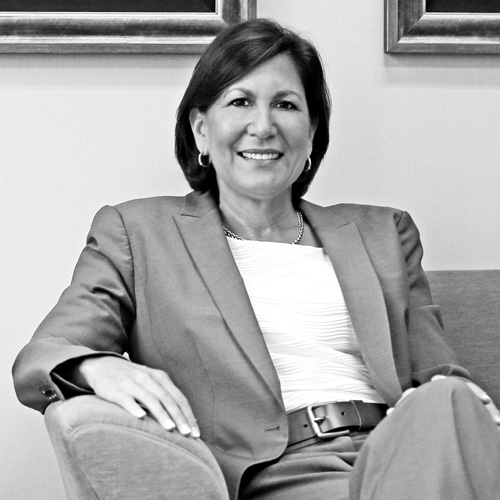Often when someone takes an interest in a particular subject, he or she will find a way to make it a hobby. Frédéric-Charles Petit is one such example. He took his interest in consumer research and surveys a step further; rather than simply making a hobby out of it, he created a full-fledged business. Petit introduced the concept of an online social voting community, where consumers can engage with one another, post polls, pose questions, and more. This community, Toluna.com, is now the world’s largest social voting community, fifteen years after its launch. Toluna is an industry-leading provider of online research and survey technology.
Petit initially came up with the idea when he was thinking about online surveys. While conducting consumer research, Petit realized the process was very one-sided. Customers give feedback, and much later, a product they may have commented on goes to market, and the customer has no idea the product went from the survey to market. He realized the consumer survey and research process could be done better.
Petit’s idea was to create a platform more along the lines of a social voting community using a social-media-inspired website where individuals discuss various topics in real time. While other research companies send out e-mails asking people to participate in a survey, Toluna’s community is participating and discussing surveys with one another directly.
“Initially, what I was interested in was consumer feedback,” Petit says. “The perception I had was that the Internet—at the time there was no such thing as social media—would change the interaction between brand and consumers and how the consumers voiced their opinions. That was really where the interest came from.”
When Petit founded Toluna, it was a one-man operation. Now Toluna is an 800-person corporation. That growth was born from his realization that an industry like this one could not be single-market focused. Petit started the company in France, but with survey respondents all over the globe, Toluna started putting offices up across the world. The expansion went into the United Kingdom, and Petit acquired a company in Israel that’s essential to Toluna’s technology hub.
To make the jump from one employee to fifteen to 800, Petit had a few initiatives in mind: build a truly savvy international team and bring in people who are better than him. “You shouldn’t recruit people that are as good as you are in every aspect of what you do when you’re a one-man band,” Petit says. “The decision was to really attract people who were better in every aspect of what we were doing, and doing so enables me to trust their work implicitly. Further, I leverage their thinking more broadly.”
As a result, Toluna has the consumer research and survey market cornered, and a wealth of talented employees keeps the business running smoothly. However, that is not enough for Petit and his team. Toluna is always looking to improve.
“You shouldn’t recruit people that are as good as you are in every aspect of what you do when you’re a one-man band. The decision was to really attract people who were better in every aspect of what we were doing.”
To continue its growth, Toluna plans to do what put it ahead of the curve in the first place: invest in technology, research, and development, and innovate new products and ways of getting research professionals the data they need faster than it has in the past.
“The market research industry is kind of being flipped on its head at this point,” Petit says. “Technology has made it really imperative for companies to deliver quickly and at very low cost. One of the things we have done to date—and we’re thankful that we have—is invested ahead of the curve.”
Back in 2000, when Petit understood that Toluna was not necessarily a service organization, he knew it really needed to be reliant on technology. That was a decision he made long ago and it’s one that still stands today.
The CEO sees digitalization not only as the wave of the future for all industries, but also because if he and his team are going to suggest it to others, Toluna better have a grasp of it as well. “You can’t continue doing things the way you were doing them in the twentieth century in the twenty-first century,” he says. “You can’t advise clients on digital strategies when you’re not digitalizing your own industry or your own practice.”
Petit has his sights set on the digitalization of market research as a means to keep Toluna moving forward. “I think if we continue doing the same things that we’ve been doing as an industry for the last fifty years, we would not be an industry in ten years from now,” he says. “I’m not saying that the large organizations will disappear; just that the sense of urgency and embracing technology in the digital age, applied to our own industry, is what makes us drive the company forward.”

